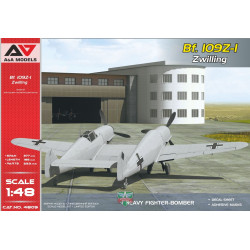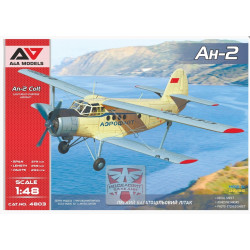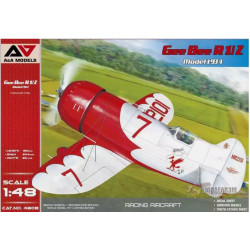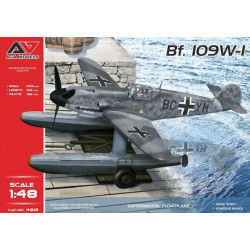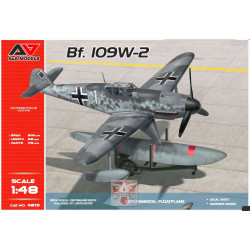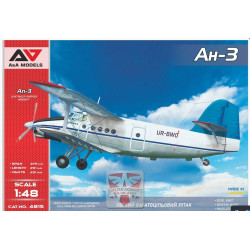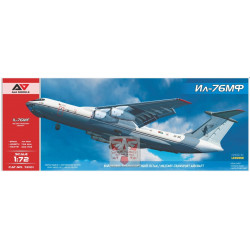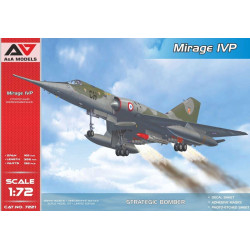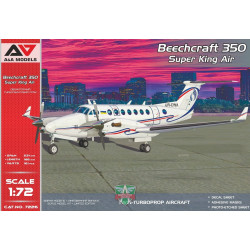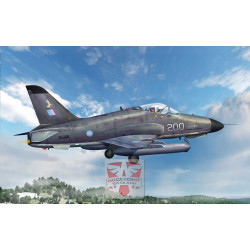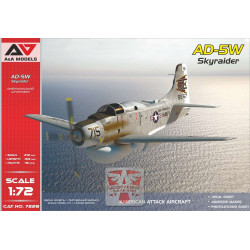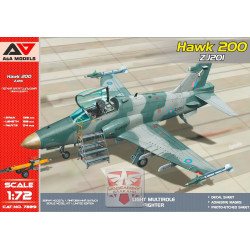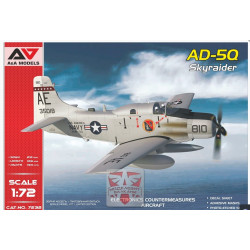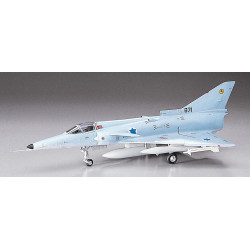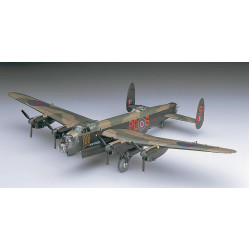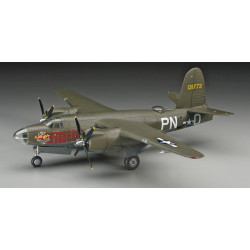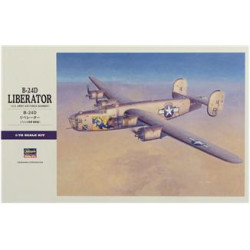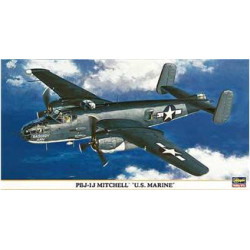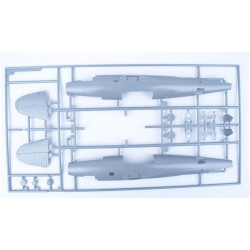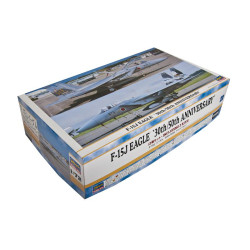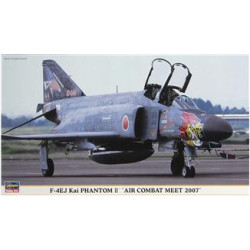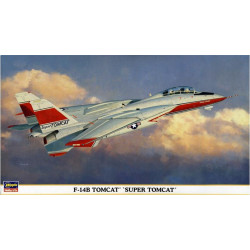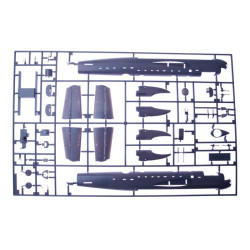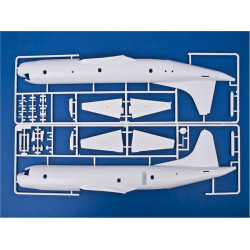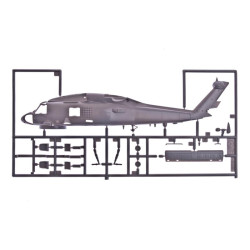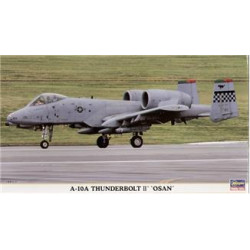Martin B-26F/G MARAUDER
1/72 Aircrafts, Planes
Hasegawa 00557
Manufacturer: Hasegawa
Scale: 1/72
Material: Plastic
Paint: Unpainted, Unassembled, Kit do not contain paints and glue.
Condition: New in Box
The Martin B-26 Marauder was a World War II twin-engined medium bomber built by the Glenn L. Martin Company. First used in the Pacific Theater in early 1942, it was also used in the Mediterranean Theaterand in Western Europe.
After entering service with the U.S. Army, the aircraft received the reputation of a "Widowmaker" due to the early models' high rate of accidents during takeoff and landings. The Marauder had to be flown at exact airspeeds, particularly on final runway approach and when one engine was out. The 150 mph (241 km/h) speed on short final runway approach was intimidating to pilots who were used to much slower speeds, and whenever they slowed down below what the manual stated, the aircraft would stall and crash.A total of 5,288 were produced between February 1941 and March 1945; 522 of these were flown by the Royal Air Force and the South African Air Force. By the time the United States Air Force was created as an independent service separate from the Army in 1947, all Martin B-26s had been retired from US service. The Douglas A-26 Invader then assumed the B-26 designation.The B-26 was a shoulder-winged monoplane of all-metal construction, fitted with a tricycle landing gear. It had a streamlined, circular section fuselagehousing the crew, consisting of a bombardier in the nose, which was armed with a .30 in (7.62 mm) machine gun, a pilot and co-pilot sitting side by side, with positions for the radio operator and navigator behind the pilots. A gunner manned a dorsal turret armed with two .50 in (12.7 mm) machine guns (the first powered dorsal turret to be fitted to a U.S. bomber), while an additional .30 in (7.62 mm) machine gun was fitted in the tail.While the B-26 was a fast aircraft with better performance than the contemporary North American B-25 Mitchell, its relatively small wing area and resulting high wing loading (the highest of any aircraft used at that time) required an unprecedented landing speed of 120 to 135 mph (193 to 217 km/h) indicated airspeed depending on load. At least two of the earliest B-26s suffered hard landings and damage to the main landing gear, engine mounts, propellers and fuselage. The type was grounded briefly in April 1941to investigate the landing difficulties. Two causes were found: insufficient landing speed (producing a stall) and improper weight distribution. The latter was due to the lack of a dorsal turret; the Martin power turret was not ready yet.
Some of the very earliest B-26s suffered collapses of the nose landing gear. It is said that they were caused by improper weight distribution but that is probably not the only reason. They occurred during low-speed taxiing, takeoffs and landings, and occasionally the strut unlocked. Later the Martin electric turret was retrofitted to some of the first B-26s. Martin also began testing a taller vertical stabilizer and revised tail gunner's position in 1941. The Pratt & Whitney R-2800-5 engines were reliable but the Curtiss electric pitch change mechanism in the propellers required impeccable maintenance. Human error and some failures of the mechanism occasionally placed the propeller blades in flat pitch, resulting in an overspeeding propeller, sometimes known as a "runaway prop". Due to its sound and the possibility that the propeller blades could disintegrate, this situation was particularly frightening for aircrews. More challenging was a loss of power in one engine during takeoff. These and other malfunctions, as well as human error, claimed a number of aircraft and the commanding officer of the 22nd Bombardment Group, Col. Mark Lewis.
The Martin B-26 suffered only two fatal accidents during its first year of flights, November 1940 – November 1941: a crash shortly after takeoff near Martin's Middle River plant (cause unknown but engine malfunction strongly suggested) and the loss of a 38th Bombardment Group B-26 when its vertical stabilizer and rudder separated from the aircraft at altitude (cause unknown, but accident report discussed the possibility that a canopy hatch broke off and struck the vertical stabilizer).
The B-26 was not an aircraft for novices. Unfortunately, due to the need for training many pilots quickly for the war, a number of relatively inexperienced pilots got into the cockpit and the accident rate increased accordingly. This occurred at the same time as more experienced B-26 pilots of the 22nd, 38th and 42d Bombardment Groups were proving the merits of the bomber.
B-26 Marauder
A US Army Air Forces Martin B-26B Marauder "Dee-Feater" (X2-A) of the 596th BS 397th BG 9th AF with D-Day invasion stripes.
Role
Medium bomber
National origin
United States
Manufacturer
Glenn L. Martin Company
First flight
25 November 1940
Introduction
1941
Status
Retired
Primary users
United States Army Air Forces
Free French Air Force
Royal Air Force
South African Air Force
Produced
1941–1945
| General Product Info | |
| Material | NOT SET |
| Scale | 1/72 |
| Type | NOT SET |
We have the lowest worldwide shipping. And it's totally simple.
EUROPE, USA, CANADA TURKEY, ISRAEL, EGYPT, UE CHINA, JAPAN, HK, S.KOREA | AU NZ MX South America, Asia | |
| Order weight up to 0.22kg or 0.48lb | US$ 8.90 | US$ 8.90 |
| Order weight up to 0.44kg or 0.97lb | US$ 13.95 | US$ 17.90 |
| Order weight over 0.44kg or 0.97lb | US$ 19.99 | US$ 29.99 |
| Order total over $150 | FREE | PROMO US$ 19.99 |
Shipping to some countries not qualifies for the free shipping option but costs not over $29.99 for any sized order. Sorry for that, your location is too far.
- Stock: Out Of Stock
- Model: HA00557
- Weight: 0.63lb
- DATE ADDED: 08/04/2014








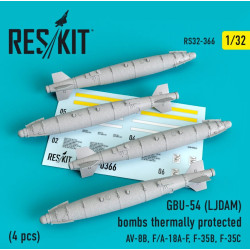


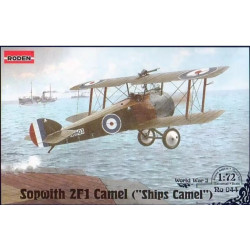


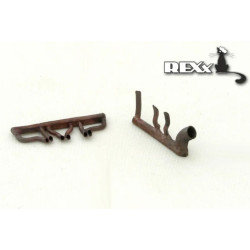







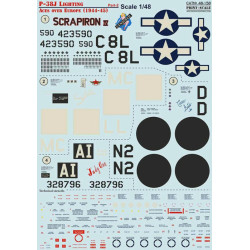








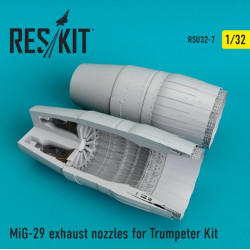






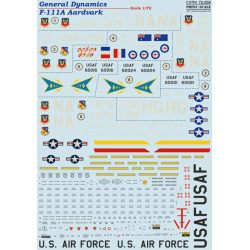










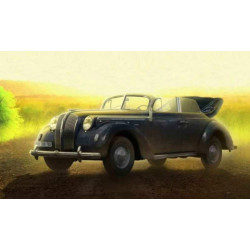




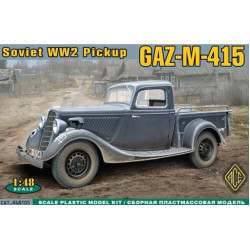


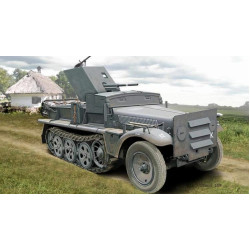
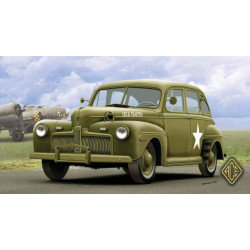
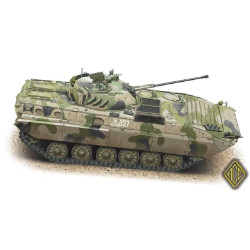
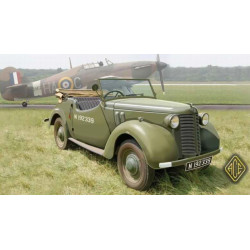










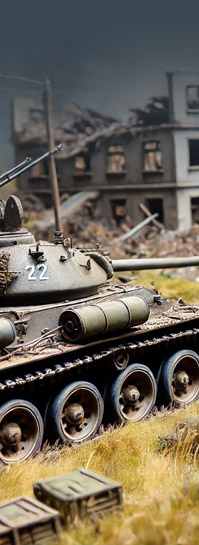
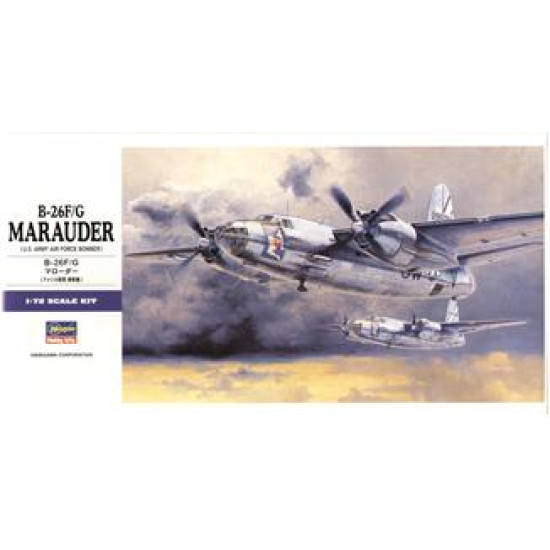
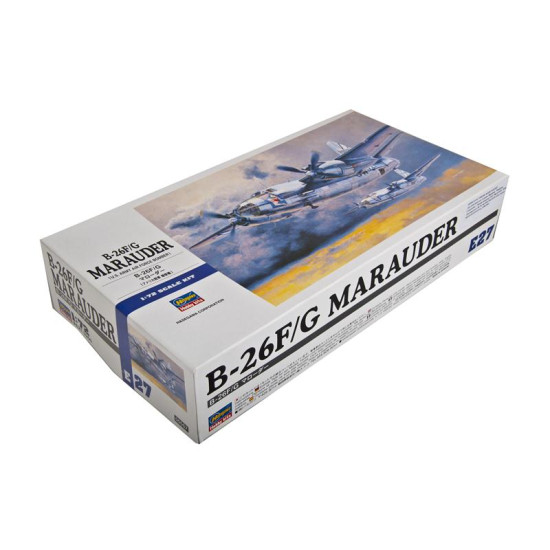
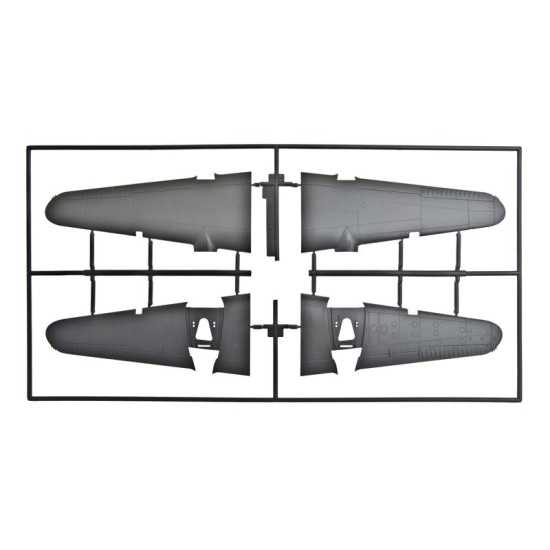
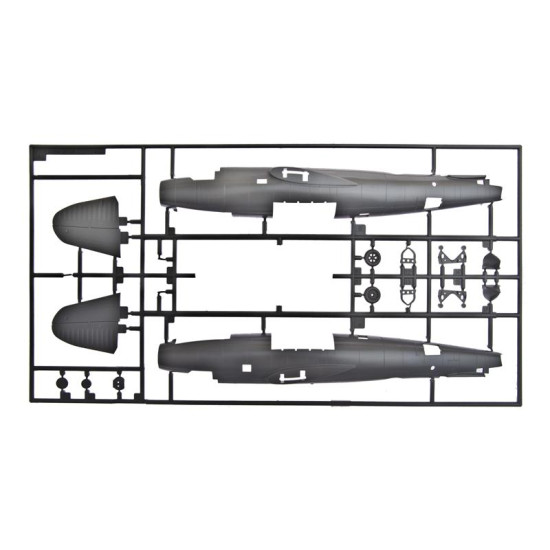
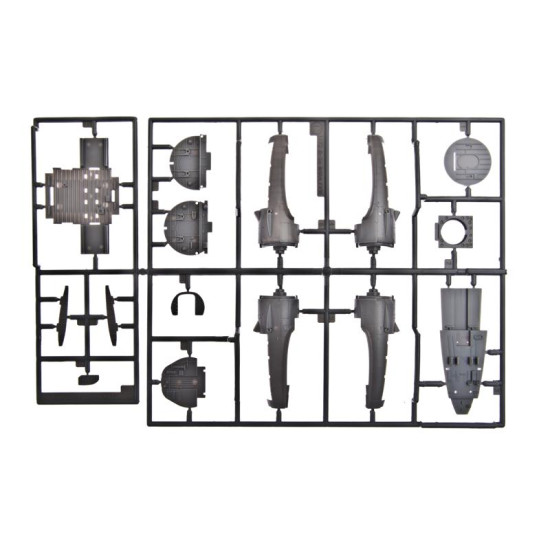
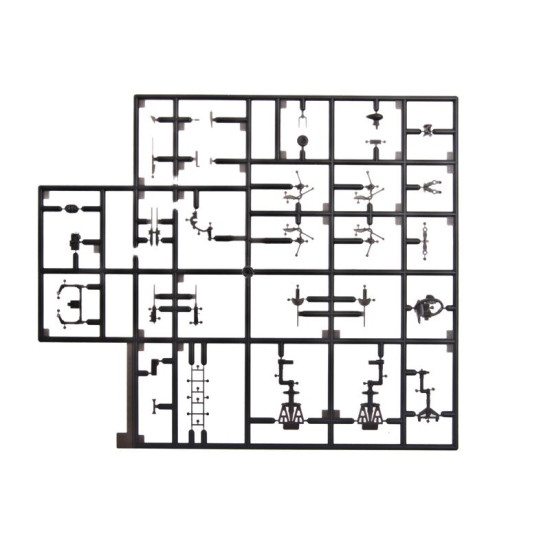
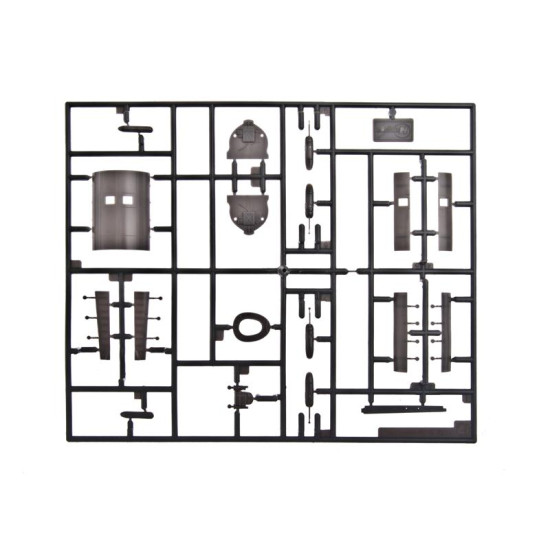
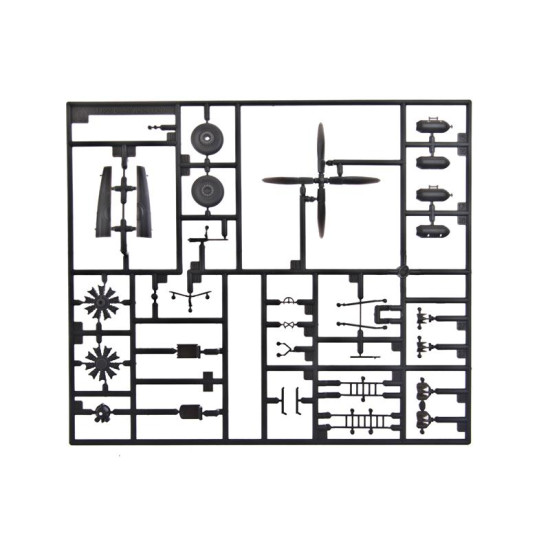
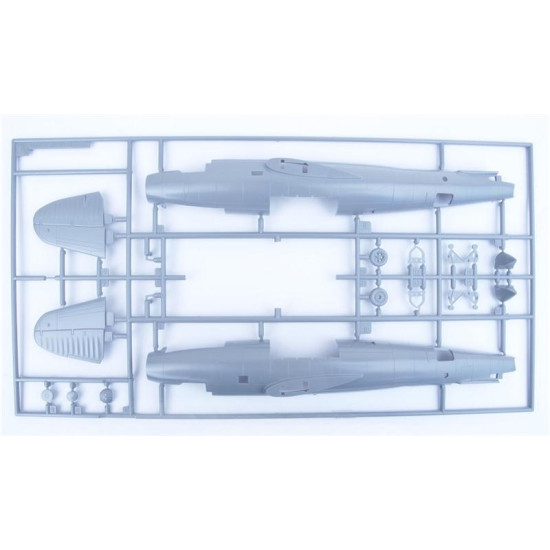
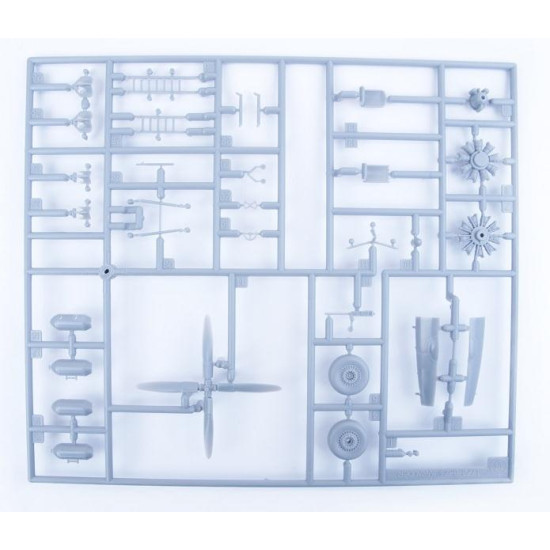













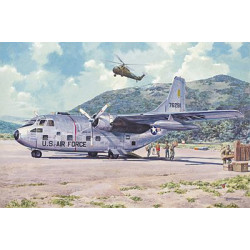
-250x250w.jpg)

